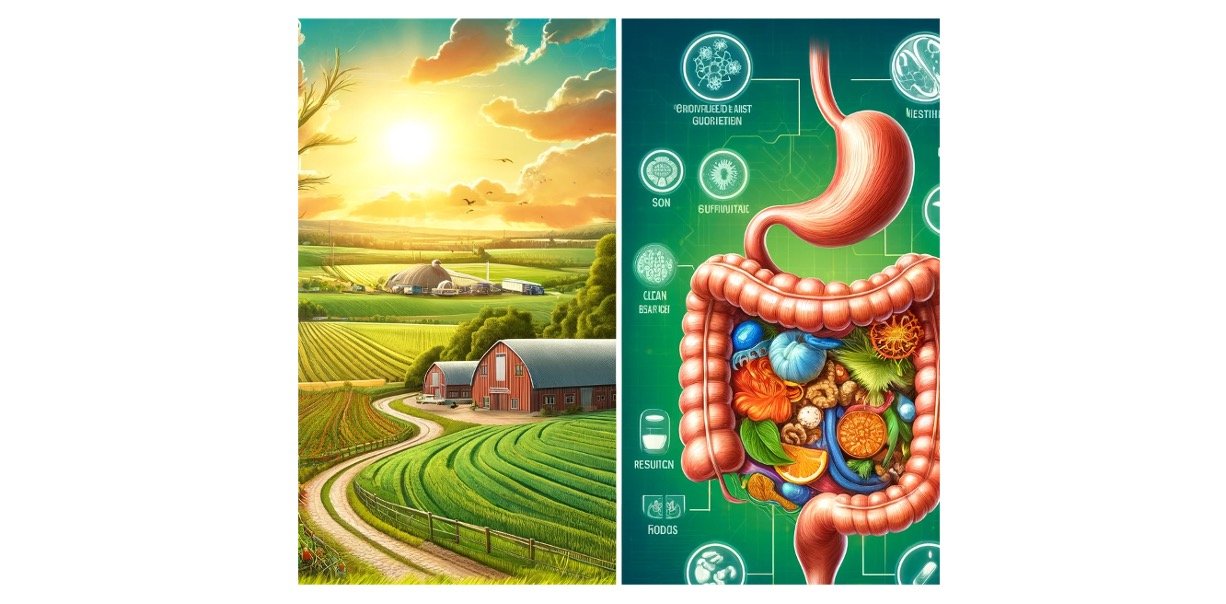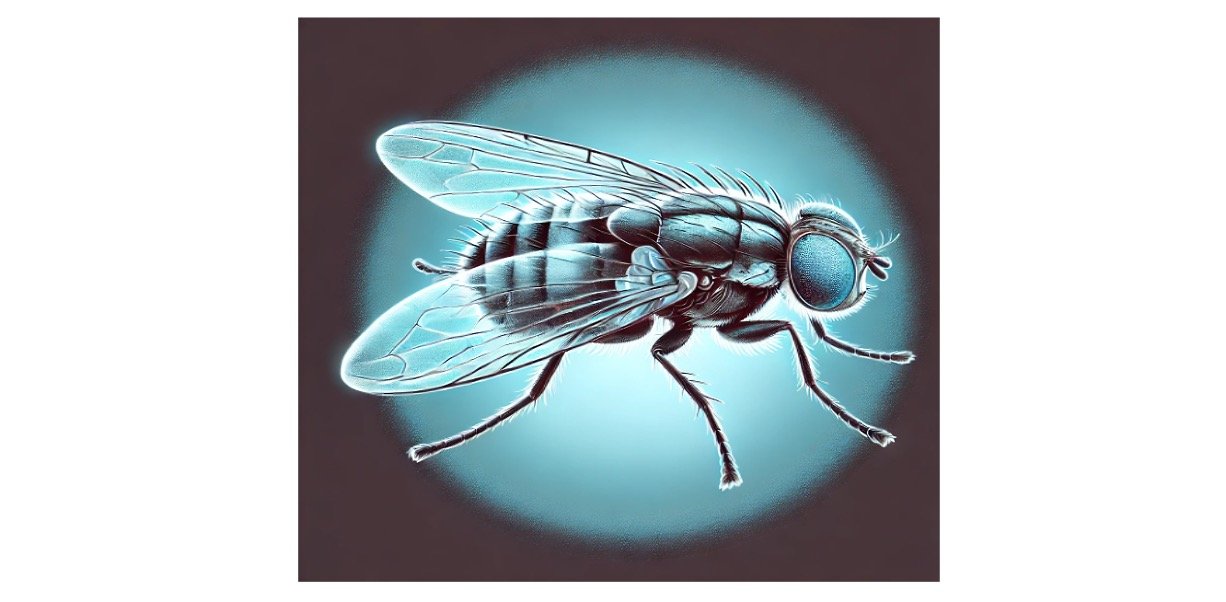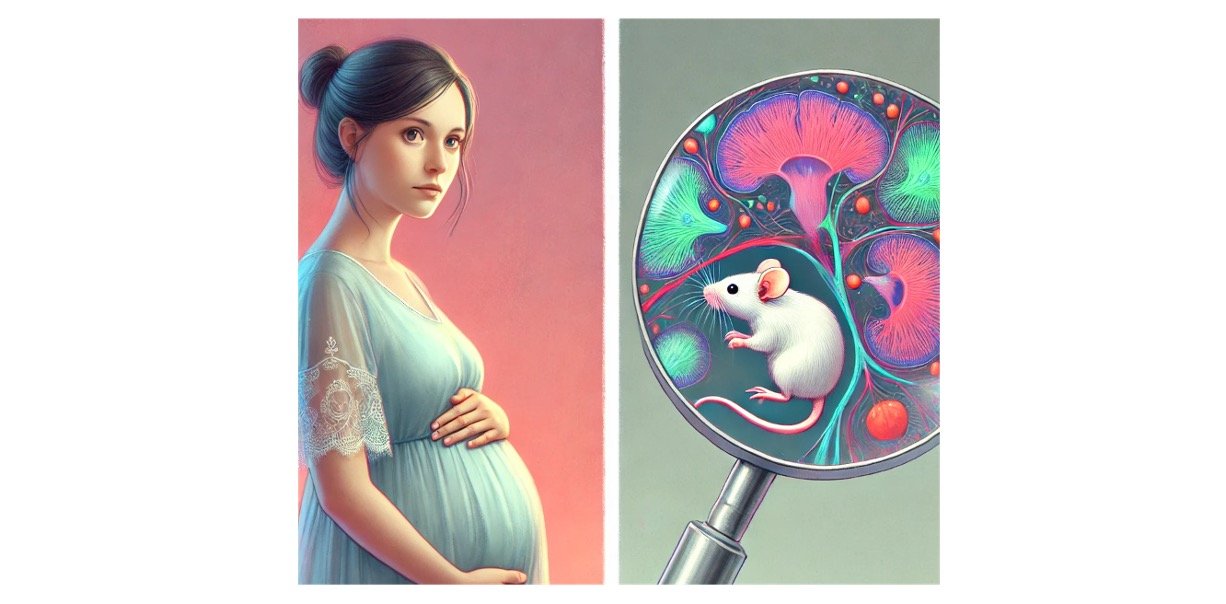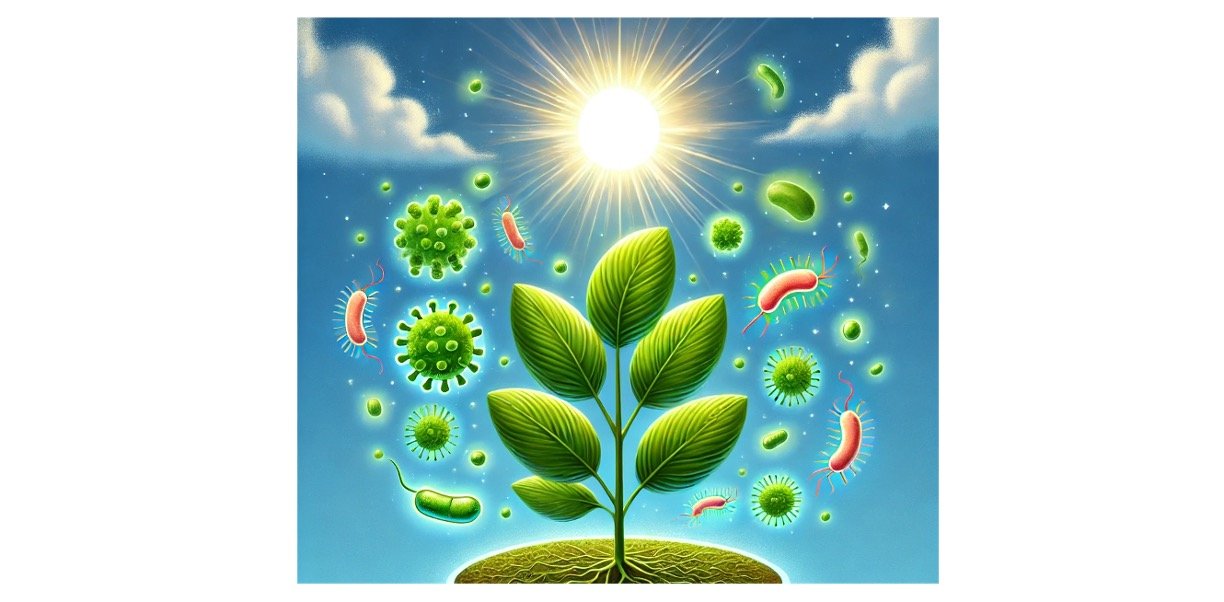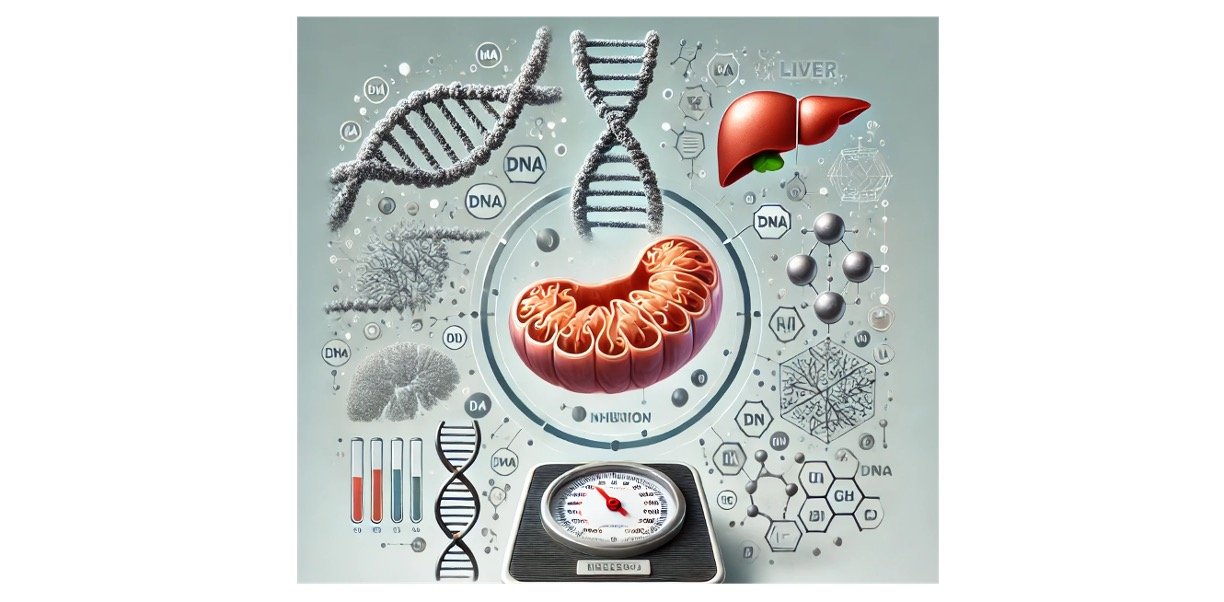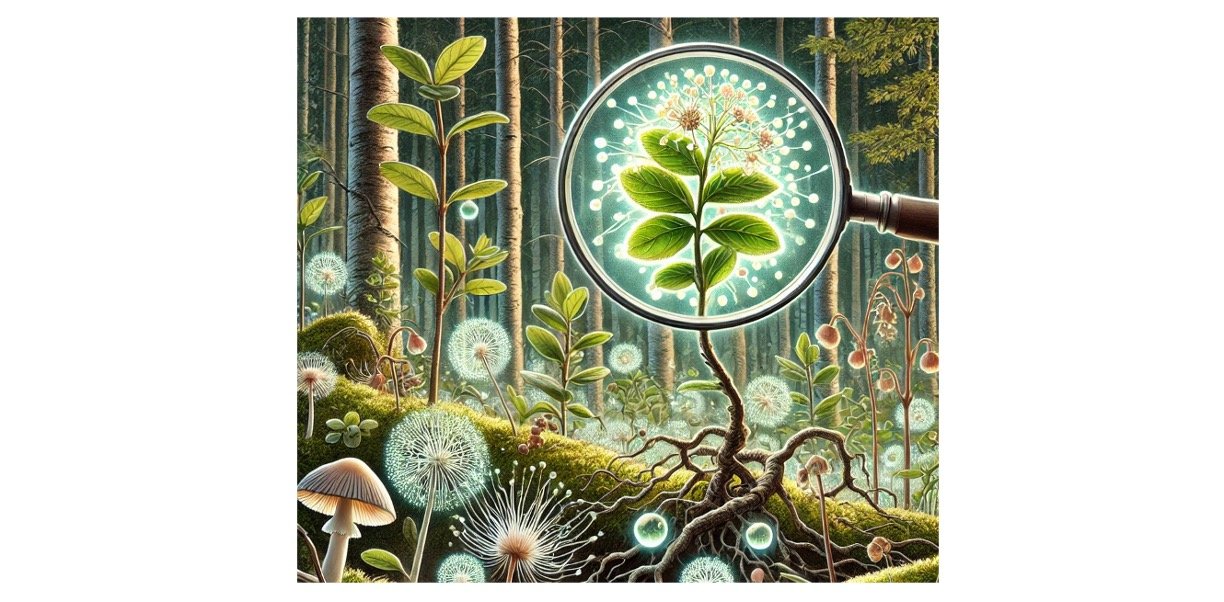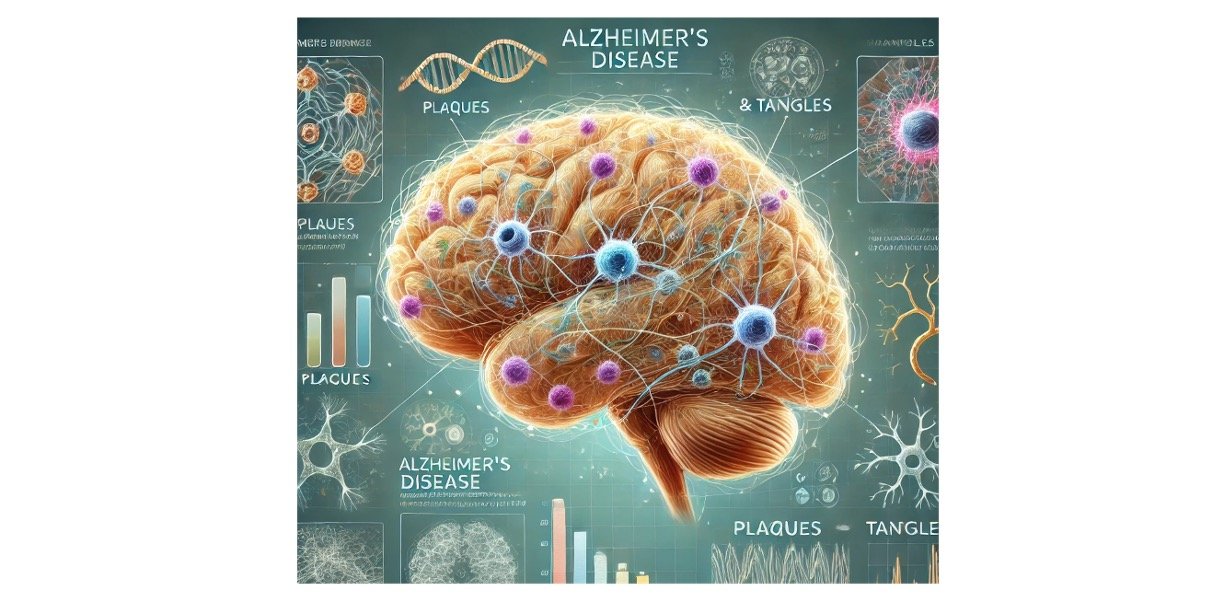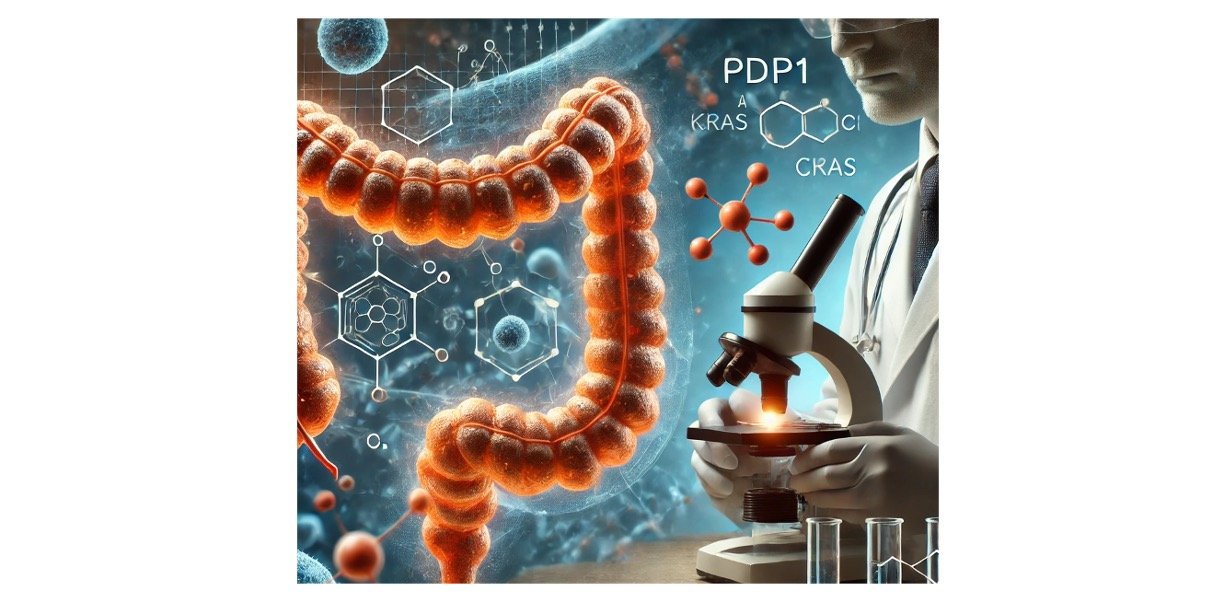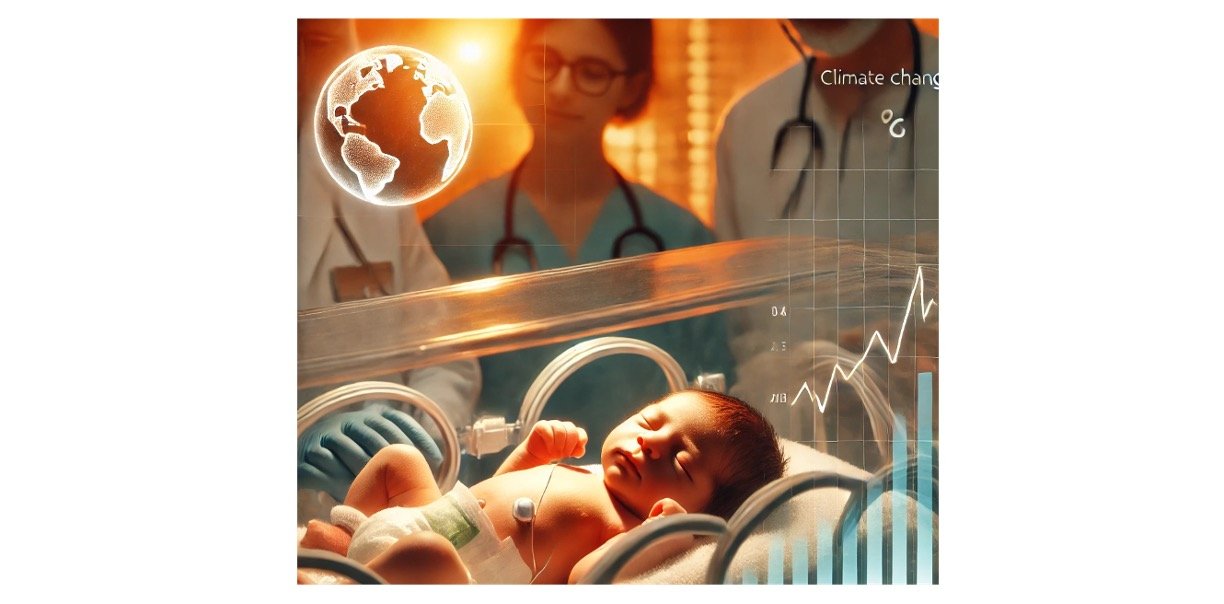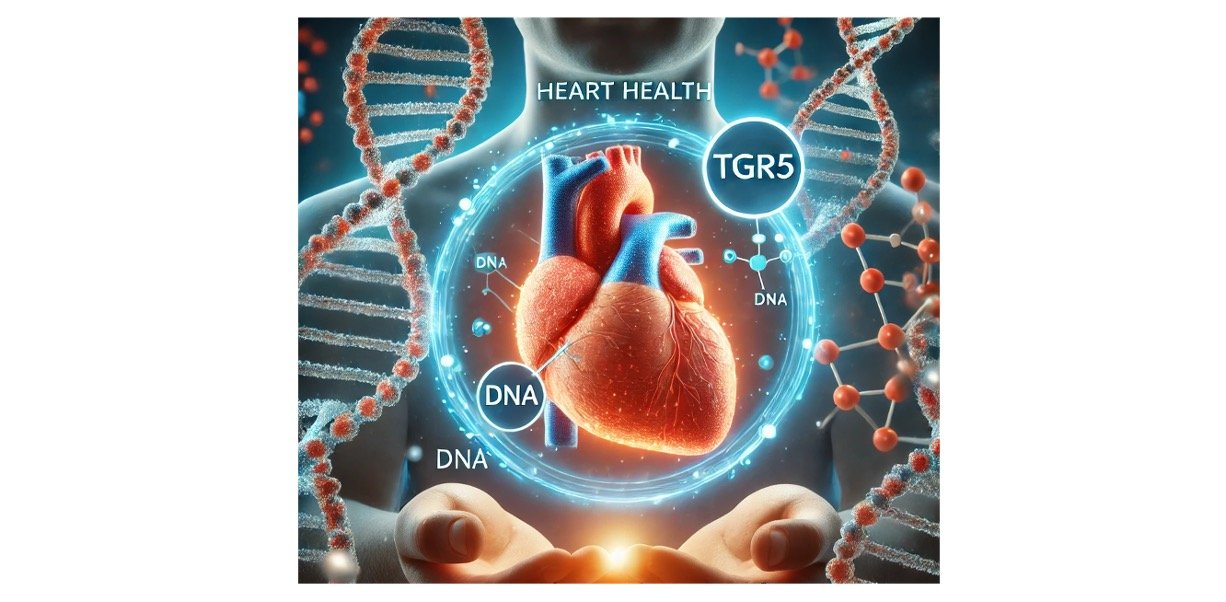Cancer Cells
o Cancer cells continue to grow and divide indefinitely.
o A mass of cancer cells is called a tumor.
o A tumor is benign if it is localized in a small lump.
o When an individual has a tumor invasive enough to impair function of an organ, the tumor is said to be malignant.
o Cancer cells may separate from the tumor and enter the body’s circulatory systems and establish tumors in other parts of the body.
o This process is called metastasis.
o Certain genes that stimulate normal growth in human cells are called proto- oncogenes.
o Proto-oncogenes can be converted to oncogenes genes that cause cancer, by mutagens such as UV radiation, chemicals, or simply by random mutations.
o Mutagens that can cause cancer are called carcinogens.
o If and when DNA damage is discovered, the cell will immediately activate its tumor suppressor genes that halt the cell cycle in an attempt to repair the genetic lesion.
o If the genetic lesion is too extensive, an intracellular auto-death pathway known as apoptosis, will be activated and cell self-digestion would follow.
o The attempt to carry out apoptosis may fail, perhaps because of a preexisting defect in the repair mechanism, which would increase the possibility for malignancy to develop.
Citations
Share

